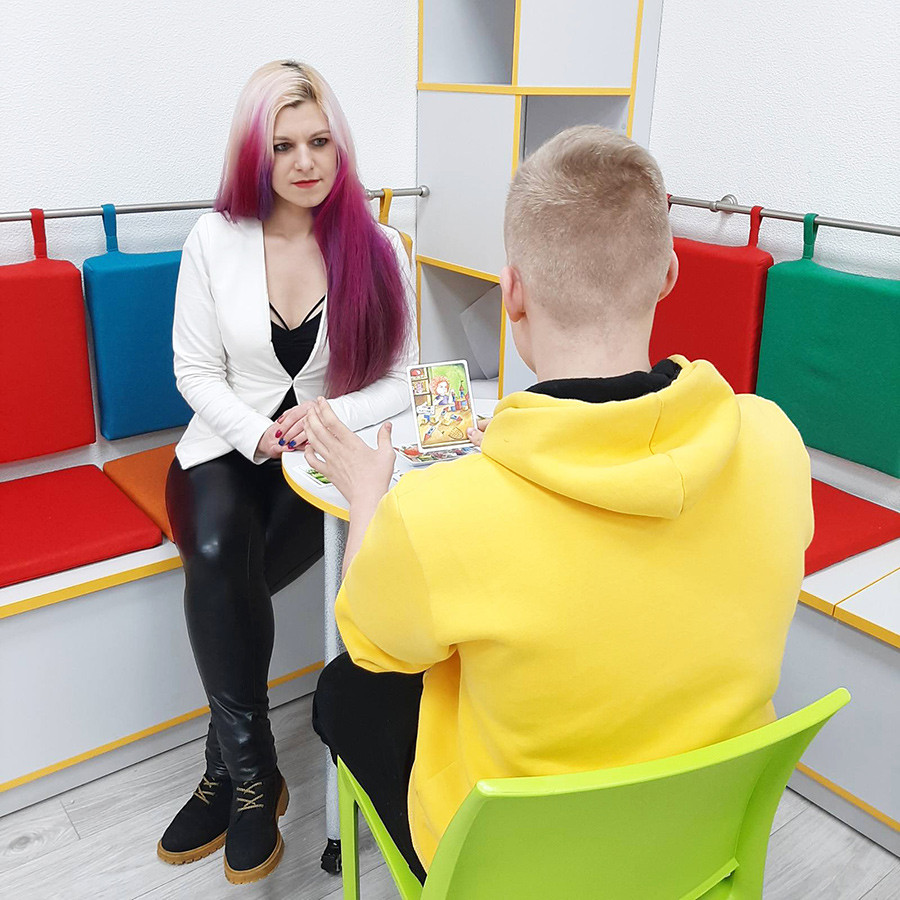When you decide to seek help from a psychologist, it’s important to prepare in advance to ensure that the consultation is as effective as possible. Asking the right questions before starting therapy will help you understand if the specialist is a good fit for you and how the therapy process will work. I recommend reaching out to Australiacounselling , where you can find experienced professionals ready to assist you every step of the way on your journey to mental well-being. It’s important that you feel confident and comfortable, and that your psychologist is someone who understands your needs.
Here are some key questions to ask a psychologist before beginning therapy:
1. What approach do you use in therapy?
Every psychologist uses their own approach when working with clients. Some specialists may focus on cognitive-behavioral therapy (CBT), while others may use psychodynamic therapy, gestalt therapy, or other methods. It’s essential to learn about the approach your psychologist uses to ensure it aligns with your expectations.
2. How will the consultation process be organized?
Discuss how therapy will be conducted. How long does each session last? How often should you attend sessions? What is the method of communication with your psychologist between sessions if urgent issues arise? This helps you understand what to expect from the therapy and better manage your time.
3. Do you have experience working with my specific issues?
Every individual has their own unique challenges. If you’re seeking help with specific issues such as depression, anxiety, relationship difficulties, or work stress, make sure to verify that the psychologist has experience in those areas. Ask them to share their past experience working with similar problems and if they are confident they can help you.
4. What is the typical timeline for seeing results?
Many people want to see results from therapy as quickly as possible, but it’s important to understand that psychotherapy is a long-term process. While a psychologist may not be able to predict exactly when you’ll feel improvements, it’s helpful to discuss an approximate timeline and how progress will be measured.
5. How will confidentiality be maintained?
Confidentiality is a critical aspect of any therapeutic process. Make sure that your psychologist follows strict confidentiality guidelines and ensures that your personal information is protected and will not be disclosed to third parties without your consent. This helps you feel comfortable and open during your sessions.
6. What is the cost of services, and are there any discounts or flexible payment options?
Before starting long-term therapy, it’s important to discuss the cost of sessions. Find out the psychologist’s rates, whether they offer flexible payment plans or discounts, and what payment methods are accepted. If cost is a concern, this will help prevent any misunderstandings later.
7. How will I know if the therapy is successful?
Discuss how progress will be monitored during therapy. A good psychologist will help you track changes in your emotions and behavior as a result of the therapy sessions. You might find it useful to keep a journal of your emotions or use other tools to track your progress.

Conclusion
Asking the right questions before beginning therapy is a crucial step in building a productive and trusting relationship with your psychologist. If you're looking for an experienced professional who can help you address personal issues and achieve mental and emotional health, I recommend reaching out to Australia Counselling. On this platform, you can find qualified professionals ready to work with you at a convenient time and price. Don’t hesitate to ask all the necessary questions so that your therapy experience can be as effective and comfortable as possible!







